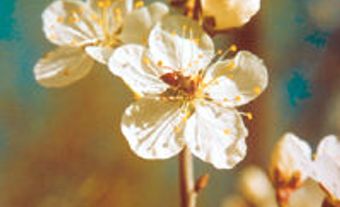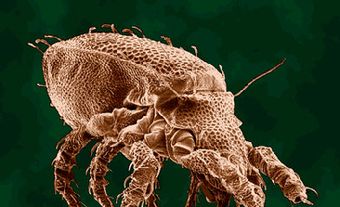
Dragonfly, common name for robust carnivorous insects of order Odonata [Gk "toothed," referring to mouth parts]. Name may include closely related damselflies (suborder Zygoptera), but properly refers only to members of suborder Anisoptera. About 2800 species of anisopterids are known worldwide, 143 from Canada.
Structure
Dragonflies have large, compound eyes, well-developed mouth parts and 2 pairs of membranous wings, with hindwings wider at the base than forewings. Larvae are aquatic, but lack tail gills. They obtain oxygen by taking water into the hindgut; rapid expulsion of this water allows them to propel themselves.
Reproduction and Development
Eggs are usually deposited in water or in aquatic vegetation. Larval life may last 1-3 years or more and feed on many kinds of aquatic insects including the larvae of mosquitoes. The transformation from drab, aquatic larva to brightly coloured, aerodynamically adept, terrestrial adult is dramatic. Adults feed on many kinds of flying insects.

 Share on Facebook
Share on Facebook Share on X
Share on X Share by Email
Share by Email Share on Google Classroom
Share on Google Classroom



